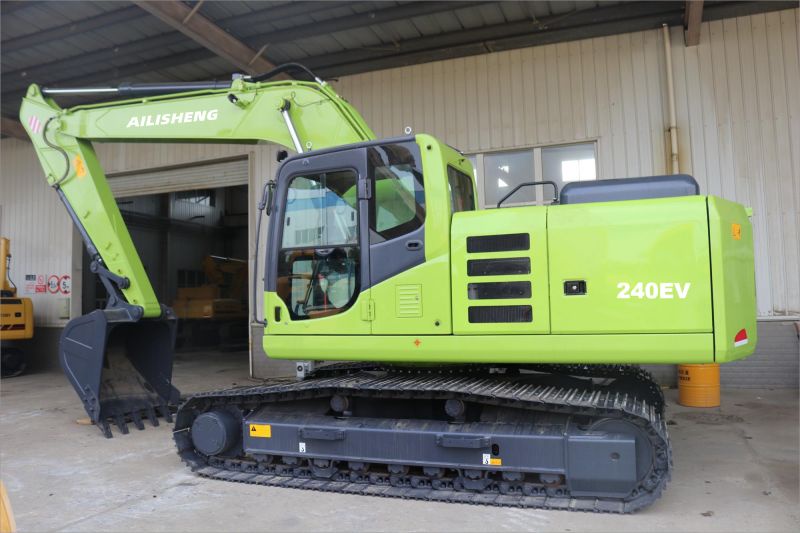Electric excavators are increasingly recognized not only for their environmental benefits but also for their potential to deliver significant cost savings over the long term. Understanding the financial advantages of electric excavators is crucial for construction companies looking to maximize efficiency and reduce operational costs. This article examines the cost-effectiveness of electric excavators, analyzing the long-term savings they offer compared to traditional diesel-powered models.
Initial Investment vs. Operational Savings
While electric excavators may have a higher initial purchase price compared to diesel-powered counterparts, their lower operational costs can result in substantial savings over the lifespan of the machine. Electric excavators eliminate the need for diesel fuel, which can be a significant expense for construction companies, especially as fuel prices fluctuate. Additionally, electric excavators require less maintenance due to their simpler drivetrain and fewer moving parts, resulting in reduced maintenance costs over time.
Energy Efficiency and Reduced Fuel Consumption
One of the primary factors contributing to the cost-effectiveness of electric excavators is their energy efficiency. Electric excavators convert energy from batteries into mechanical power with greater efficiency compared to diesel engines, resulting in lower energy consumption and reduced fuel costs. Furthermore, advancements in battery technology have extended the operating range of electric excavators, allowing them to work for longer periods on a single charge without the need for frequent refueling stops.
Lower Operating Costs and Total Cost of Ownership
In addition to lower fuel and maintenance costs, electric excavators offer other operational savings that contribute to their overall cost-effectiveness. These savings include reduced noise pollution, which can result in fewer complaints and potential fines from noise regulations, as well as lower emissions-related expenses, such as compliance with emissions standards and pollution control measures.
When considering the total cost of ownership, electric excavators often prove to be more cost-effective than diesel-powered models over the long term. While the initial investment may be higher, the lower operational costs and improved efficiency of electric excavators result in significant savings throughout the lifespan of the machine.
Conclusion
In conclusion, electric excavators offer a cost-effective alternative to traditional diesel-powered models, delivering long-term savings through lower fuel consumption, reduced maintenance costs, and improved operational efficiency. While the initial investment may be higher, the financial benefits of electric excavators become apparent over time, making them a smart choice for construction companies looking to optimize their bottom line. As technology continues to advance and battery technology improves, the cost-effectiveness of electric excavators is expected to further improve, cementing their position as a viable and sustainable solution for the construction industry.


No comments yet